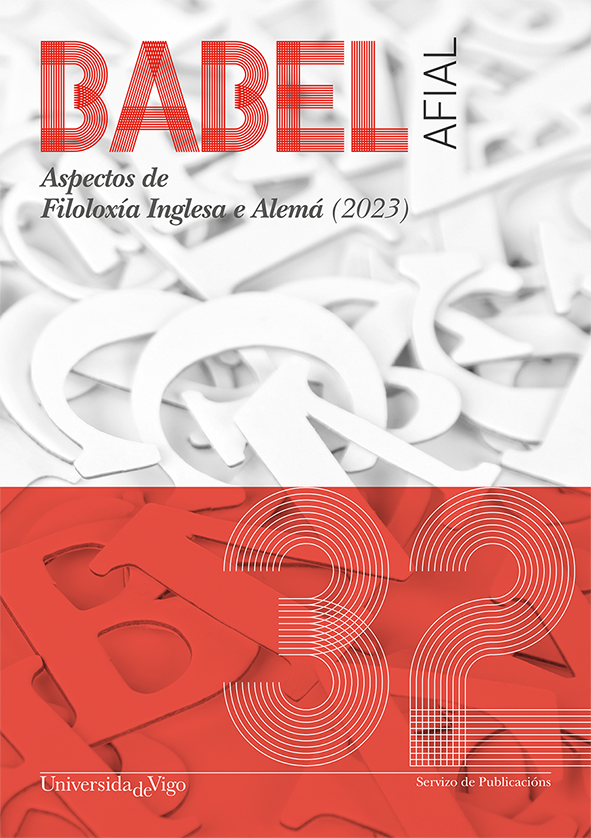Mind, Heart, and Breath: Embodiment in Allen Ginsberg’s Long-Lined Poetry
DOI:
https://doi.org/10.35869/afial.v0i32.4500Keywords:
American poetry, Allen Ginsberg, embodiment, corporeality, long lineAbstract
This paper explores Allen Ginsberg’s poetry through the lens of embodiment and corporeality. It shows how, in Ginsberg’s poems, the relationship between the physical and the formal is incredibly tight: indeed, the two often coincide. This paper considers two remarkable examples of embodiment: Kaddish (1961) and poems from Mind Breaths (1977). In Kaddish, physical embodiment is embedded in the poetic verse through the representation of female grotesque physicality. This reflects formally, as the line itself leaks in length and unraveling, reflecting unboundedness and fluidity. In poems from Mind Breaths, Ginsberg experiments with a new kind of embodiment, one in which consciousness becomes equated with breath. In these poems, he achieves a coincidence between breath and line in the content and in both the form of the poems. This paper ultimately sheds light on how Ginsberg’s long line creates and facilitates exchanges between the physical and the formal in the poems.



